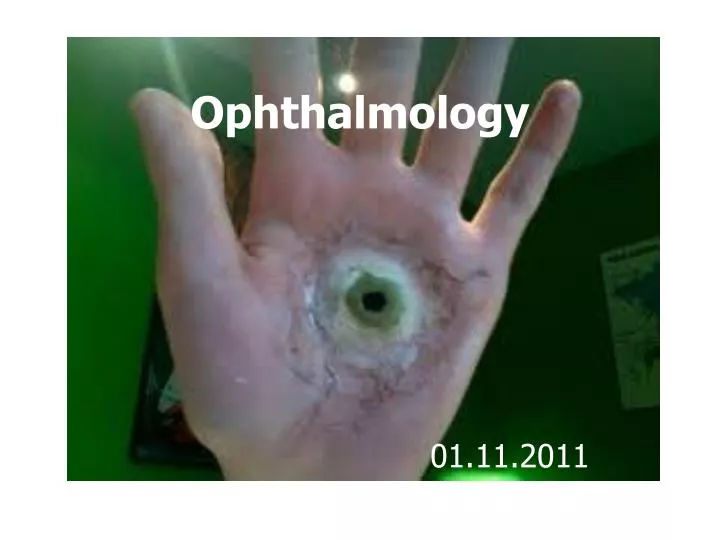Ophthalmology, the realm of eye care, offers a captivating and awe-inspiring journey into the wonders of sight. With its profound impact on the lives of countless individuals, this branch of medicine combines art and science to unravel the mysteries concealed within our eyes. From the early detection and prevention of eye diseases to the restoration of vision, ophthalmology serves as the guiding light amidst the darkness that can afflict our vision.
One significant aspect of ophthalmology lies in the vital role it plays in diabetic eye screening, particularly in the identification and management of a condition known as retinopathy. This condition, which arises as a result of diabetes, affects the blood vessels in the retina, potentially leading to vision impairment or even blindness if left untreated. Through regular screenings, ophthalmologists can assess the health of the retina and initiate timely interventions to preserve vision, safeguarding the precious gift of sight.
In addition to diabetic eye screening, ophthalmology is also dedicated to combating the silent thief of vision known as glaucoma. Often referred to as the "sneak thief of sight," this progressive eye disease typically presents no symptoms in its early stages, making regular eye exams crucial for early detection and intervention. Ophthalmologists employ a diverse range of techniques, including medication, laser therapy, and surgery, to control and manage glaucoma effectively.
From diagnosing and treating various eye conditions to enhancing visual capabilities through surgical procedures like LASIK, ophthalmology has indubitably revolutionized the field of eye care. As we delve further into the depths of this captivating specialty, we will uncover the innovative techniques, groundbreaking research, and compassionate care that define ophthalmology and its relentless pursuit of preserving, protecting, and restoring vision for all.
Importance of Diabetic Eye Screening
Diabetic eye screening plays a vital role in preserving vision and preventing complications for individuals with diabetes.
Understanding Retinopathy: Causes and Treatments
Retinopathy is a condition that affects the retina, the light-sensitive tissue at the back of the eye. It develops as a complication of certain medical conditions, such as diabetes and hypertension, which can damage the blood vessels in the retina.
One of the leading causes of retinopathy is diabetic eye disease. When blood sugar levels are not well controlled, it can lead to damage of the tiny blood vessels in the retina. This can result in the development of leaking or blocked blood vessels, leading to vision problems or even blindness if left untreated.
Another potential cause of retinopathy is glaucoma, a condition characterized by increased pressure within the eye. This elevated pressure can put stress on the blood vessels in the retina, leading to their damage over time. Regular eye exams and early detection of glaucoma are crucial in order to prevent or manage the development of retinopathy.
Treating retinopathy depends on the severity of the condition. In cases where retinopathy is mild, proper management of the underlying medical condition, such as diabetes or hypertension, is essential. This typically involves careful control of blood sugar or blood pressure levels through medication, lifestyle adjustments, and regular monitoring.
In more advanced cases, additional interventions may be required. These can include laser treatments to seal leaking blood vessels or surgery to remove scar tissue and replace it with healthy tissue. Early detection and proactive treatment are key to preventing further progression of retinopathy and preserving vision.
To summarize, retinopathy is a condition characterized by damage to the blood vessels in the retina. It can be caused by various factors, including diabetes and glaucoma. Treating retinopathy involves managing the underlying condition and, in severe cases, may require additional interventions such as laser treatments or surgery.
Try It Out
Exploring the Silent Thief: Glaucoma
Glaucoma, a condition often referred to as the "silent thief of sight," is a serious eye disease that gradually damages the optic nerve, leading to a progressive loss of vision. It is usually associated with increased pressure within the eye. Glaucoma tends to develop slowly and painlessly, making it difficult to detect until significant vision loss has occurred.
One of the main risk factors for glaucoma is increased intraocular pressure. This occurs when the fluid in the eye, called aqueous humor, cannot drain properly. As a result, the pressure builds up, causing damage to the optic nerve. Without timely treatment, this can eventually lead to permanent vision loss.
Early detection and diagnosis are crucial in managing glaucoma. Regular eye exams play a vital role in identifying the condition before it progresses. During these exams, your ophthalmologist may measure your eye pressure, examine the optic nerve, and test your peripheral vision. These assessments help in monitoring any changes in your eye health and enable timely intervention.
If left untreated, glaucoma can result in a condition called optic neuropathy, where the optic nerve becomes irreversibly damaged, leading to permanent vision loss. Therefore, early intervention is essential to slow down the progression of glaucoma and preserve your vision. Treatment options may include eye drops, medication, laser therapy, or surgery, depending on the severity of the condition.
In conclusion, glaucoma is a serious eye disease that can cause irreversible vision loss if not detected and managed early on. Regular visits to your ophthalmologist, particularly if you have risk factors such as high eye pressure or a family history of glaucoma, can help identify the condition before it progresses. Remember, early intervention is key to preserving your vision and ensuring a brighter future for your eyes.



